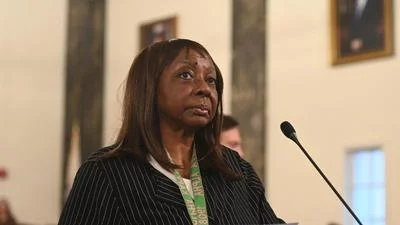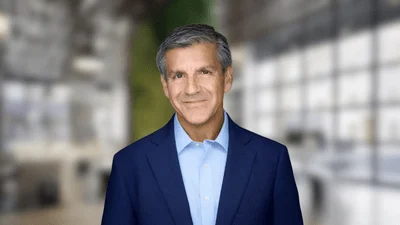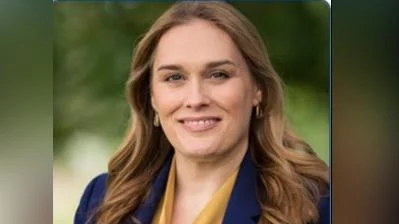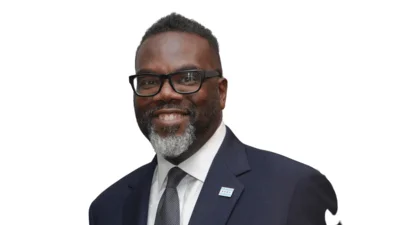Chicago Mayor Brandon Johnson | Mayor Brandon Johnson/Twitter
Chicago Mayor Brandon Johnson | Mayor Brandon Johnson/Twitter
The Chicago City Council has approved allocating an additional $51 million from City funds to address the current migrant crisis, but many residents and local teachers have voiced their opposition to the move.
On Wednesday, during the City Council's regular meeting, the members voted on a proposed allocation of $51 million to address the migrant crisis facing the city. As a Sanctuary City, Chicago has seen more than 8,200 migrants arrive within the last 10 months and is now running out of space and resources to house them.
The proposal for additional funding passed with a vote of 34-13 in favor, according to Block Club Chicago. The aid will likely only last through June.
"I understand that there is a great deal of energy and positions here, and my hope is that this opportunity for individuals who wish to speak this morning, that we will respect their ability and their position," Chicago Mayor Brandon Johnson said to open the meeting to public comment. "It’s also important as we move forward, that as individuals wish to signify or an amen corner, I would ask that you do it with some level of decorum. I believe that we can have public discourse without demonstrating the worst part of our debates."
Several citizens criticized the decision, saying that it favored the plight of migrants over that of some of the city's poorer residents. Some residents joined with members of the Chicago Teacher’s Union—a group that previously included the current mayor in its ranks—to protest the City’s plan to convert the old vacant South Shore High School building into temporary housing for the migrants.
Teachers and residents protested that they were promised a community center to serve the local community. An older resident shared his story about how having the proper training and experience with future careers led to him leaving a gang and going back to school to get his GED. He argued that a South Shore community center could help others do the same as he did.
One Chicago Public Schools teacher told Johnson that they had boycotted him in the election but would give him the opportunity to do the right thing by their kids. Other teachers said that they had been promised a community center and other opportunities for students since 2014—a promise that still has not been fulfilled. Some also threatened to show up at every meeting and call for Johnson's removal if the community center is not delivered. They further demanded to know why their voices were not being heard and why the lives and futures of their own Chicago students were being compromised.






 Alerts Sign-up
Alerts Sign-up